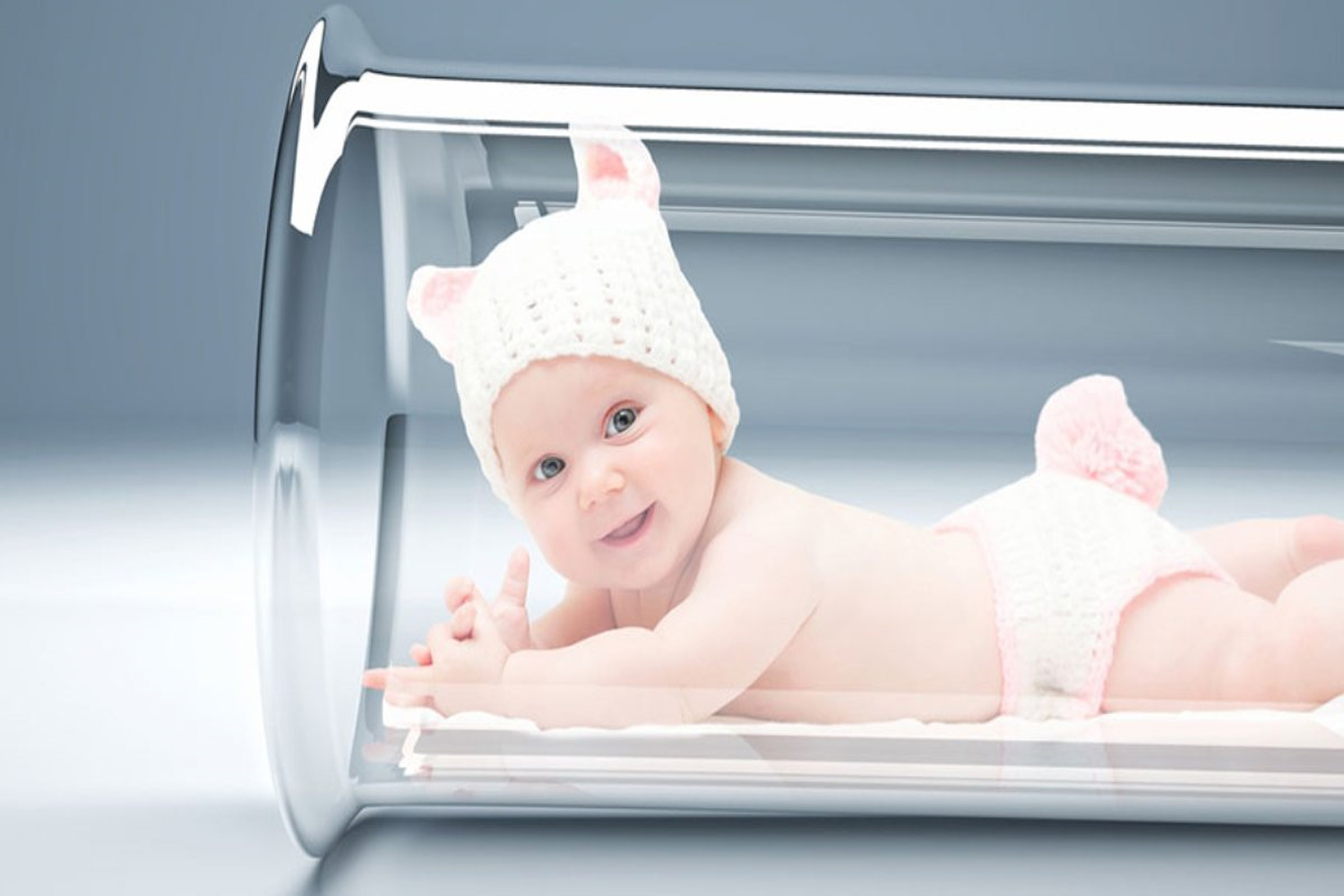
Who is candidate for IVF ?
It is estimated that more than 10 million couples have children today with the in vitro fertilization treatment applied for the first time in the world in 1978. Let’s take a closer look at in vitro fertilization, which is a savior for couples who cannot experience mother and fatherhood naturally.
Couples who cannot achieve pregnancy within 1 year despite having a regular relationship require treatment. If the expectant mother is 35 and over, we do not wait for 1 year. If there is no pregnancy within 6 months, treatment is required.
This treatment may be direct in vitro fertilization, but since IVF is a costly process, if sperm analysis, hormone tests and HSG are normal, we apply simpler treatments (such as timed sexual intercourse or IUI) before proceeding to IVF.
It is appropriate to switch to IVF treatment without wasting time for couples who have not been able to achieve pregnancy with vaccination attempts.
Or, in serious problems concerning the sperm of the man, if the tubes are clogged in the woman, treatments such as vaccination cannot be applied to women diagnosed with endometriosis, it is necessary to go directly to in vitro fertilization.
Likewise, even if all tests are normal, we apply IVF treatment to couples who could not have children with other treatments applied.
Which Couples Need IVF Treatment?
1- If there is serious damage to the tubes of the woman or if the tubes have been removed,
2- In untreatable hormone disorders,
3- In unexplained infertility,
4- In severe sperm damage,
5- In women diagnosed with advanced endometriosis,
6- In immunological infertility,
7- In vitro fertilization treatment is required for couples in whom other treatments are unsuccessful or insufficient.
What are the Steps of IVF?
In the IVF procedure, a protocol will be determined for you according to your age, FSH level, and responses to previous treatments. The medications we apply, the doses, and the duration of administration vary from person to person. Still, we follow these steps in an IVF procedure:
1- Stimulation of the ovaries
2- Ensuring the ovulation
3- Collection of egg cells
4- Preparation of man’s sperm
5- Injection of sperm into the collected eggs (microinjection)
6- Follow-up of fertilized eggs in the incubator
7- Transfer of suitable embryos on the 3rd or 5th day after egg collection
8- Diagnosing pregnancy after 12 days
What is the Chance of Success in IVF?
Success depends on the values of the parents. There is a 10% chance of pregnancy in women with advanced age and insufficient egg development. The success rate is around 45-50% in young couples who have previously lived children, whose egg development is good, embryo quality is good, and their partner’s sperm values are good.
It should not be forgotten it is not possible to have a 100% success after IVF. The chance of success in treatment is around 50% at most, and no matter how perfect we try, there is always the possibility of failure.
In case of failure, do not be discouraged and do not be offended by the treatments.
We have a large number of patients who could not get pregnant in the first attempt, had a child in the next Trial, or became pregnant spontaneously afterwards.
In this treatment, it is essential to work hard, be patient and trust your doctor until you reach the goal.
I wish you healthy days.
